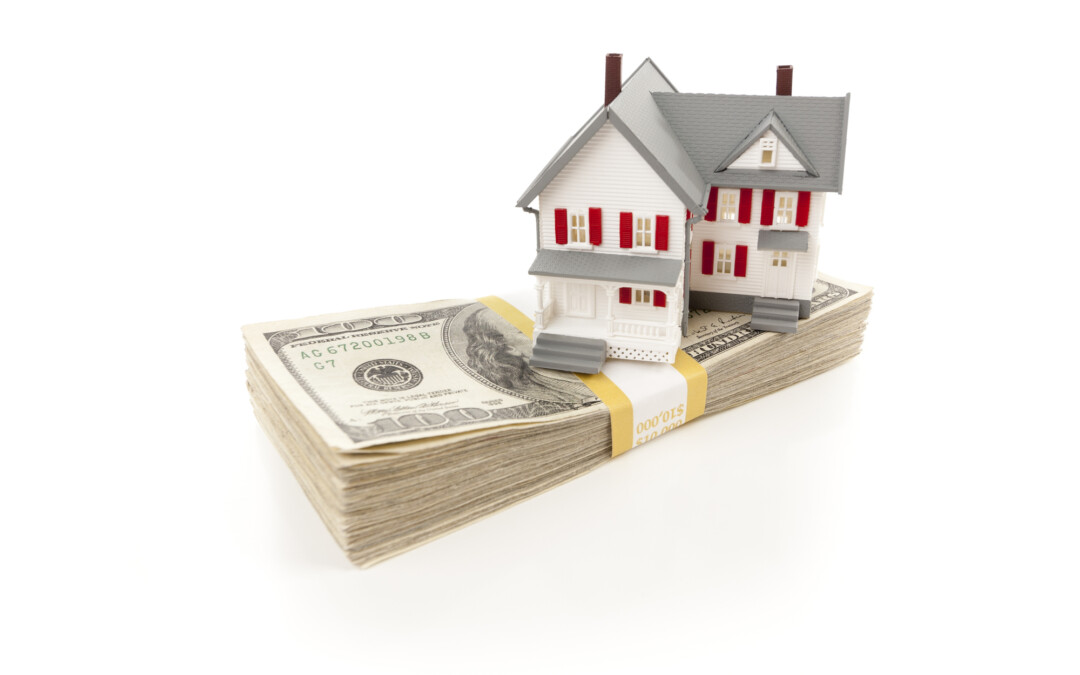If a borrower in a commercial property falls behind on their mortgage payments, the lender can foreclose on that property. On the plus side, lenders try to avoid foreclosures, which can be complex and expensive. But, on the negative side, lenders will foreclose when there aren’t any other foreseeable options.
What is a Commercial Foreclosure?
When a borrower and lender sign a mortgage or deed of trust, it creates a security interest in the property. The borrower is expected to make their full mortgage payments on time. If they don’t, the lender has the legal right to start foreclosure proceedings and force an eviction or sale of the property.
Commercial foreclosures are similar to residential foreclosures in that they can be judicial or nonjudicial, depending on the terms of the agreement and the location of the property. If a borrower defaults on the agreement (doesn’t pay their mortgage), the lender can call due the outstanding balance on the loan. Typically, the lender will send the commercial borrower a letter asking them to cure the default within 30 days. If the borrower is unable to do so, the lender will begin the foreclosure process.
Borrowers’ Rights in a Commercial Foreclosure
In general, the borrowers’ rights in a commercial foreclosure will depend on the terms of their agreement and when they signed the legal document. In a commercial foreclosure, there are several defenses available to the borrower to fight the action, including: failure to comply with state-required foreclosure procedures, failure to comply with notice provisions, failure to prove who owns the mortgage or note, and other law-related mistakes and errors.
If a commercial borrower is facing financial problems, there are a couple of additional steps they can take to protect themselves and their interests.
Re-organize: If a commercial borrower is facing financial hardship, they should try to address the situation with the lender as soon as possible. The borrower can consolidate or eliminate their debts through bankruptcy, try to develop a compromise with the lender, or sell their interest in the building.
Negotiate: The lender may be willing to offer the borrower different payment terms, refinancing at a lower interest rate, forgiving late payments in exchange for a longer mortgage, or lowering payments in exchange for a higher interest rate.
Deeds in Lieu of Foreclosure/Forfeiture: If the commercial borrower and lender are not able to make a compromise, the borrower may be able to convey the commercial property back voluntarily under a Deed in Lieu of Foreclosure.
Have Questions? Contact Brian M. Douglas & Associates’ Real Estate Lawyers
If you are a commercial property owner who is facing foreclosure, it is important to understand your best options. At Brian M. Douglas & Associates, our team of experienced real estate attorneys can help you navigate the complex foreclosure process and make sure that you understand your rights under Georgia law. If you have questions or would like to set up a consultation, please call (770) 933-9009 or use our online contact page. We’re always happy to help.


